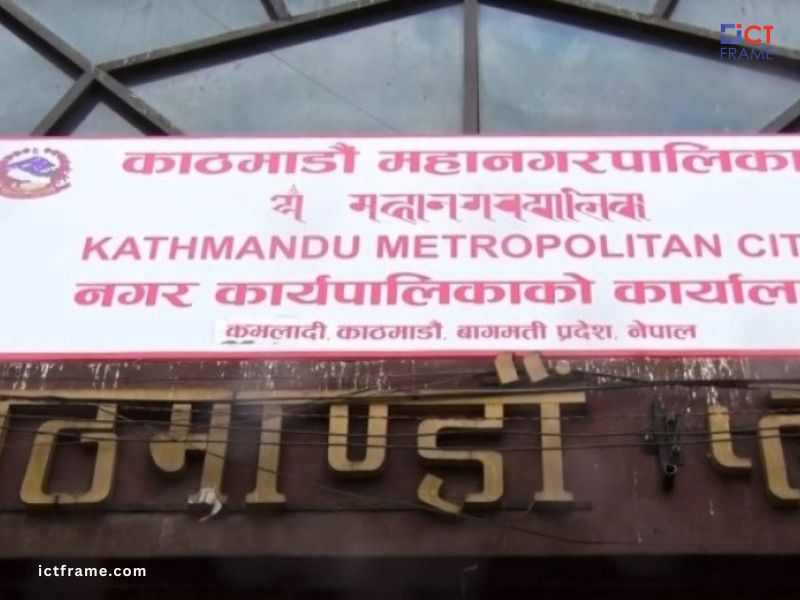KMC Enforces Strict Fine to Combat Hazardous Winter Air Pollution from Open Burning
Kathmandu Plastic Burning Ban
9th November 2025, Kathmandu
Kathmandu Metropolitan City (KMC) has moved decisively to combat severe air pollution by enforcing an immediate and strict Kathmandu Plastic Burning Ban.
Kathmandu Plastic Burning Ban
The city administration has prohibited the open burning of plastic, plastic-related items, and general waste within its jurisdiction. This measure targets a major source of toxic emissions, particularly as such burning activities typically intensify with the onset of the colder winter months, significantly worsening the air quality in the Kathmandu Valley.
The Environment Management Department has issued a clear warning to the public: any individual or entity caught burning these materials in open spaces will face a steep fine of Rs 10,000. This enforcement signals a zero-tolerance policy against practices that severely compromise public health and environmental quality.
Protecting Public Health from Toxic Fumes
The primary motivation behind the ban is to urgently reduce the adverse effects of smoke and pollution on the health of the city’s residents. According to Sarita Rai, head of the Environment Management Department, the smoke generated from burning plastic and general waste releases numerous hazardous chemicals into the atmosphere.
This pollution particularly affects vulnerable groups, including children, the elderly, and those suffering from pre-existing respiratory ailments such as asthma and chronic cough, as well as people with heart diseases.
During the winter, cold air traps pollutants close to the ground, concentrating the toxicity and increasing the health risks associated with breathing the air. By curbing open burning, KMC is actively working to ensure a healthier living environment for all citizens.
Legal Enforcement and Penalties
The Metropolitan City is backing this environmental mandate with legal muscle. Violators caught disregarding the new ban will be actively prosecuted under two key municipal regulations:
- The Kathmandu Metropolitan Environment and Natural Resources Conservation Act, 2077.
- The Economic Act, 2082.
These laws provide the necessary framework for imposing the substantial financial penalties and taking appropriate action against those who actively contribute to the city’s air quality crisis. The imposition of a Rs 10,000 fine is intended to serve as a strong deterrent against environmentally destructive practices.
Broader Air Pollution Control Strategy
The open burning ban forms a crucial component of KMC’s broader strategy to manage air pollution, which consistently ranks among the worst in the world during the winter season.
While vehicular emissions and dust from construction also contribute significantly, eliminating the open burning of plastic and waste offers an immediate and impactful solution.
The authorities urge all residents to adhere strictly to the ban and utilize established municipal waste collection systems. This collective compliance is essential for the city to achieve its goal of providing clean air and sustainable urban management. The proactive stance taken by KMC demonstrates the necessary political will to address this critical environmental challenge directly.
For more: Kathmandu Plastic Burning Ban







